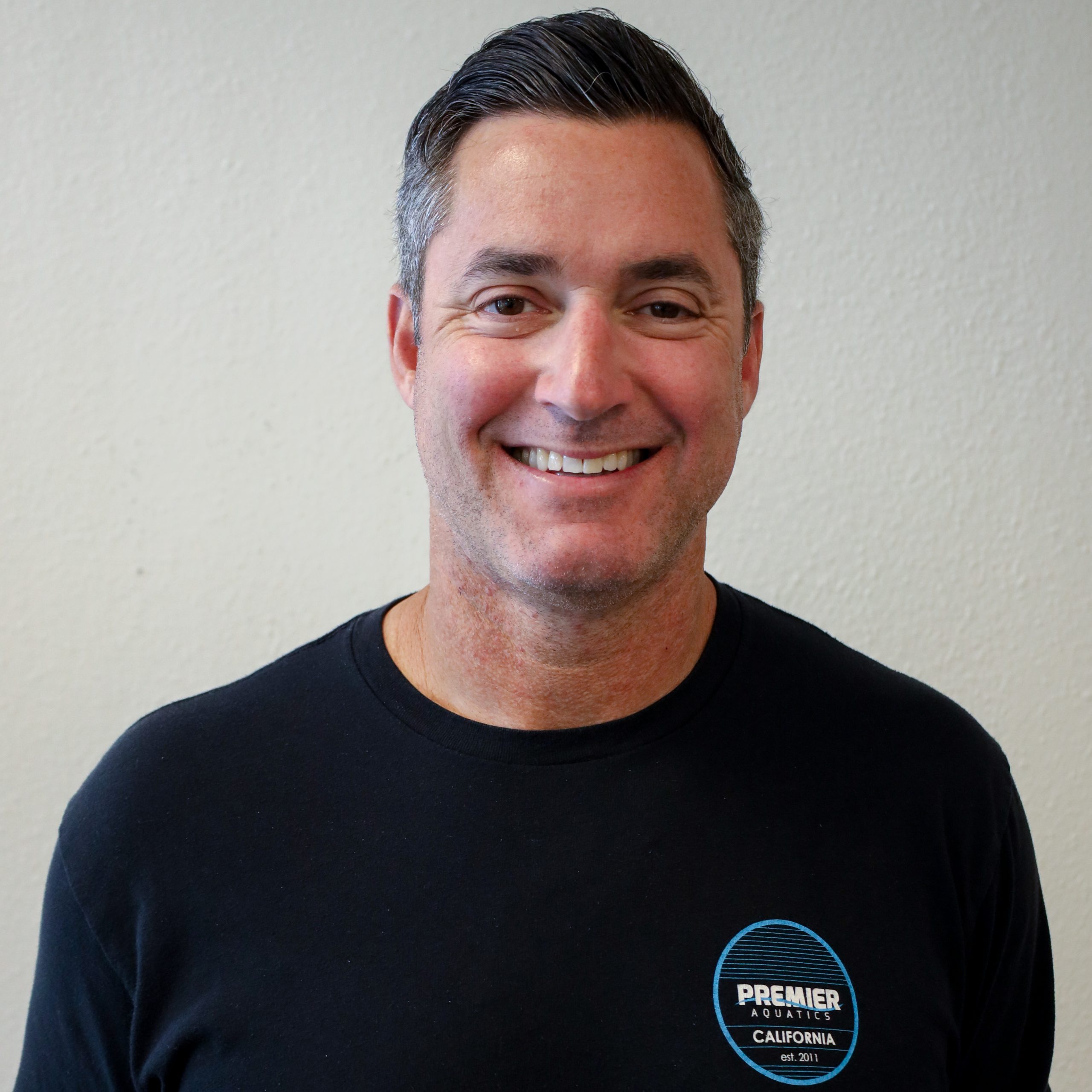“Clear!” We’ve all seen the dramatic hospital situation on television or in the movies when a doctor shocks a patient’s heart back into rhythm. However, what happens when someone experiences sudden cardiac arrest outside of a hospital?
The Occupational Safety and Health Administration (OSHA) estimates that 890 deaths from coronary heart disease happen outside of the hospital each day. They report that between 2001 and 2002, there were 1216 deaths from heart attack, 354 from electric shock, and 267 from asphyxia inside the workplace, and up to 60% of those victims could have been saved if an automated external defibrillator (AED) was readily available.
What is an AED?
An AED is a portable device that can check a victim’s heart rhythm and, if necessary, deliver an electric shock through the chest to the heart. In the event of a sudden cardiac arrest, this shock can stop an irregular rhythm and allow a normal rhythm to resume.
AEDs have a built-in computer that reads and analyzes a victim’s heart rate through adhesive electrodes. After calculating whether defibrillation is necessary, the computer’s electronic voice may tell the rescuer to press the shock button on the AED. On the other hand, the computer may discover that defibrillation is not necessary, in which case certain AEDs will provide live corrective CPR feedback as needed.
Why is an AED Important?
According to the American Red Cross, sudden cardiac arrest is one of the leading causes of death in the U.S., with more than 350,000 cases each year; defibrillation is the only effective treatment.
It is estimated that the chance of survival is reduced by 8-10% for each passing minute without treatment. Keeping in mind that the average response time for first responders after 9-1-1 is called is between 8 and 10 minutes, proximity to an AED can truly mean the difference between life and death.
Who Can Use an AED?
AEDs are so valuable in our society because nearly any adult can be trained to properly use them. They are specifically designed to be used by non-medical personnel, including police, fire fighters, security guards, life guards, athletic trainers, and other lay rescuers. Ultimately, “the Red Cross believes that all Americans should be within four minutes of an AED and someone trained to use it.”
Where to Purchase an AED?
Premier Aquatic Services is a proud vendor of the Zoll AED Plus and other great Zoll products. The AED Plus is the first and only full-rescue AED that provides Real CPR Help® for rate and depth of chest compressions. With real-time feedback, the rescuer can provide the best manual CPR possible in a sudden cardiac arrest (SCA). The AED Plus also guides rescuers through the complete Chain of Survival helping all SCA victims, not just those who need a shock. View a demo of the Zoll AED Plus.
Where to Get Properly Trained?
At Premier Aquatics Services, we believe in preparing all of our clients with lifesaving skills. From child swim lessons to American Red Cross AED classes, we provide training all year long.
We know how important it is for you and your family to know what to do in the event of an emergency. While younger children should be taught how to call for help, older teenagers and adults can enroll in AED classes alongside their parents. Click here to learn more or enroll in AED training classes today!
Sign up for our Newsletter to receive discounts on off-season swim lessons!

